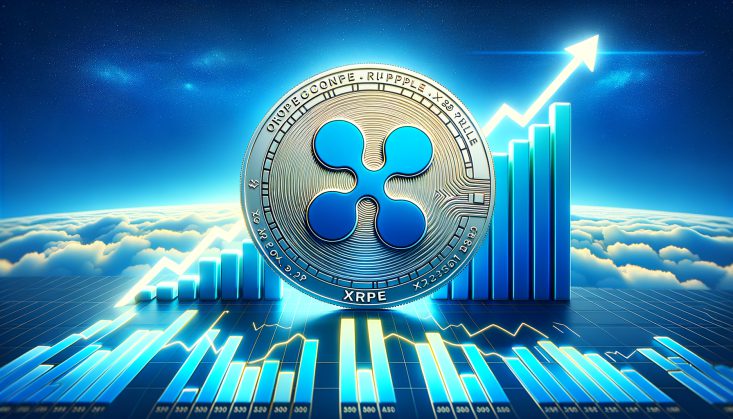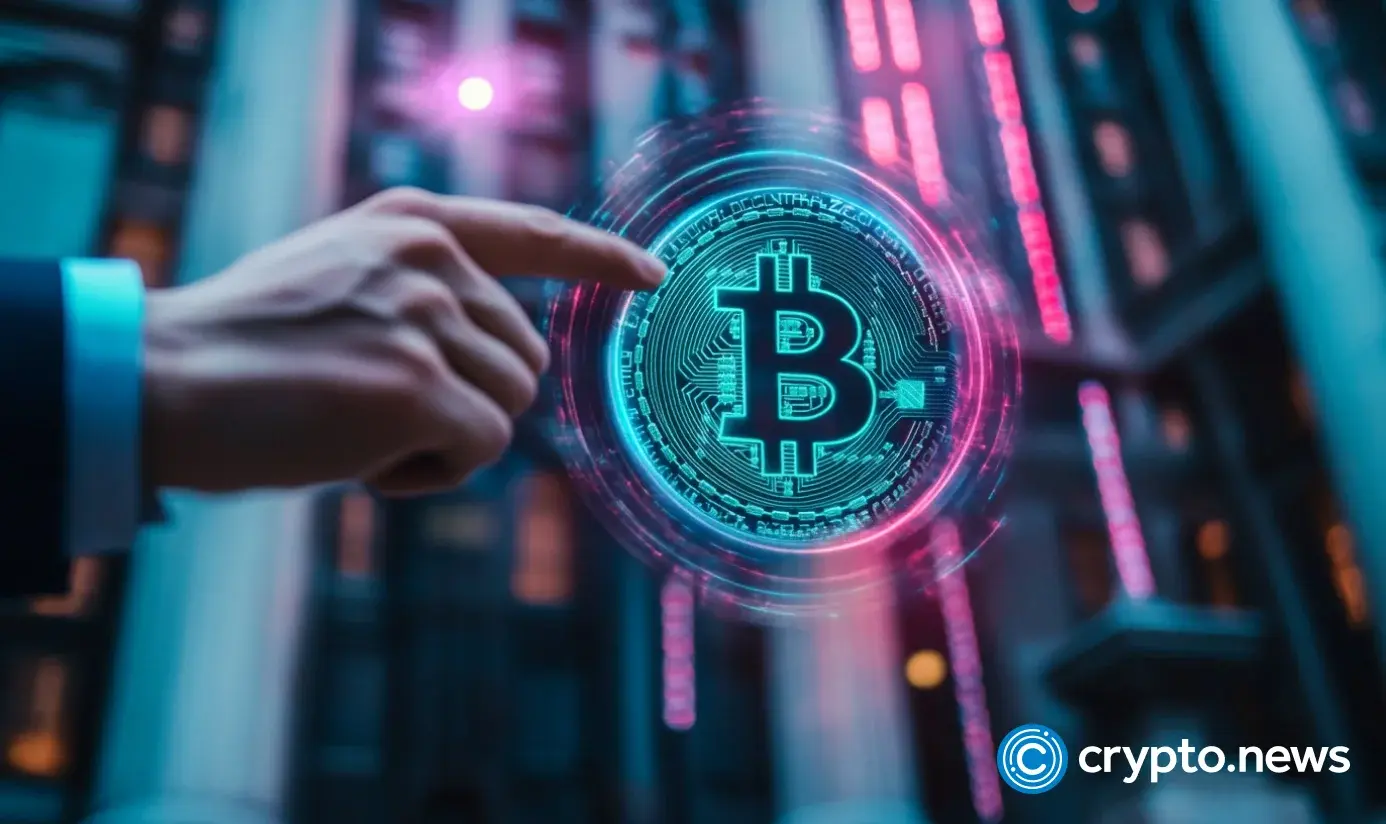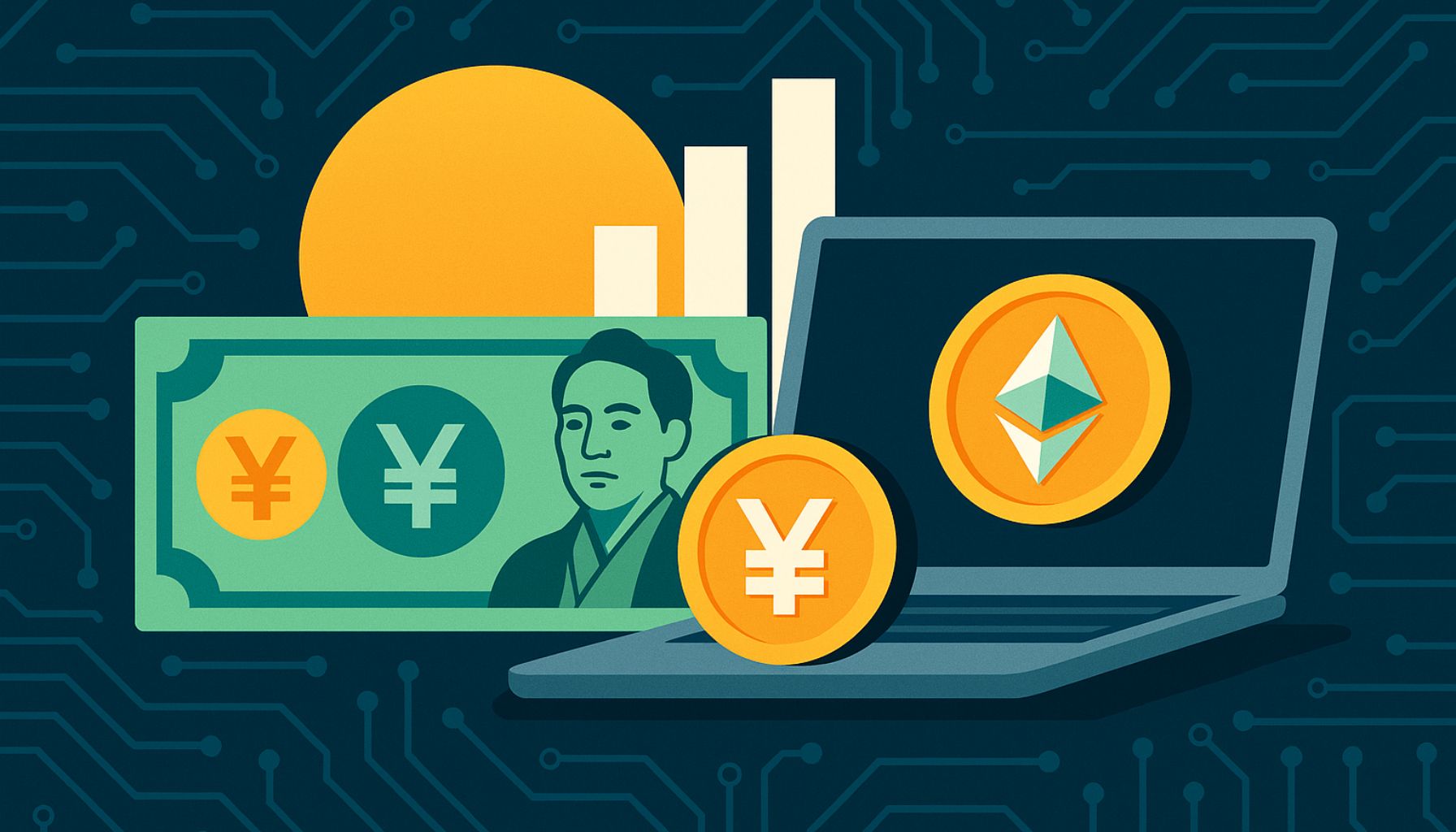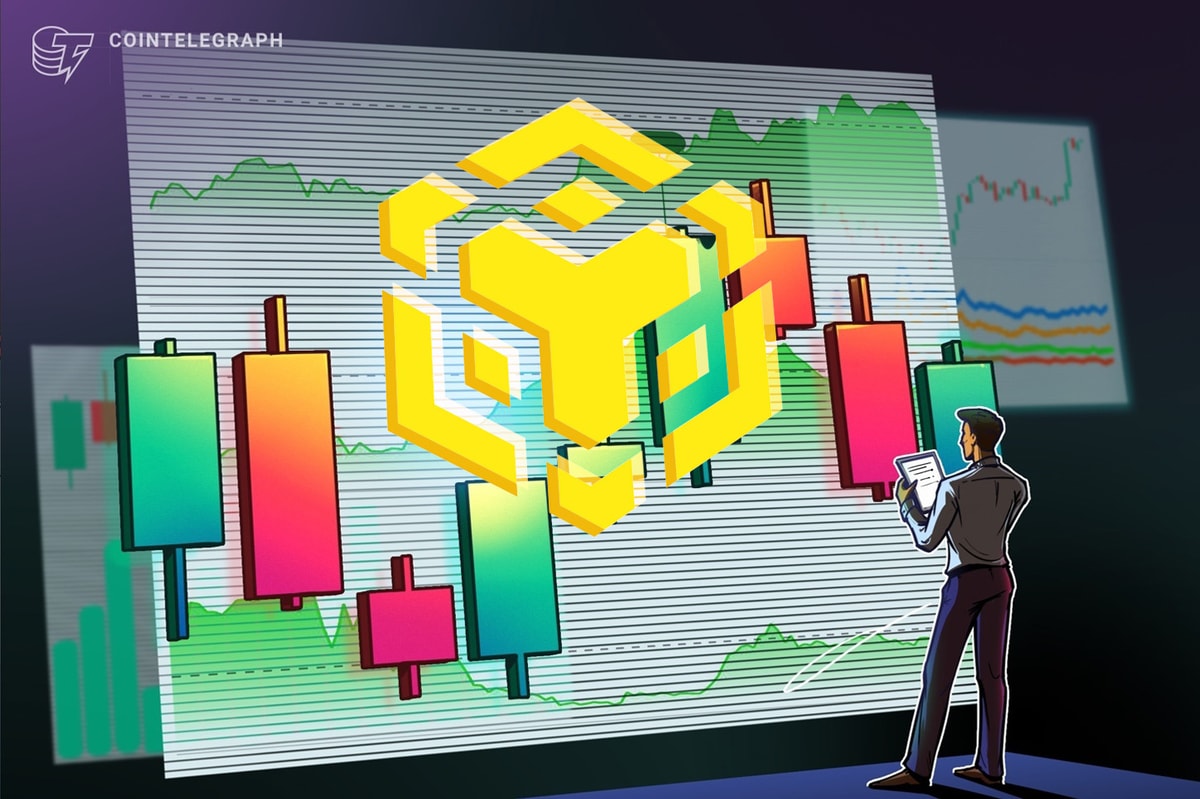
content, reviewed by leading industry experts and seasoned editors. Ad Disclosure
The decades-long rivalry between Ripple and SWIFT took a new turn this week after a bold comment from SWIFT’s Chief Innovation Officer, Tom Zschach, drew sharp reactions from the Ripple and XRP community. Zschach argued that calling a private token a “bridge currency” was like calling a fax machine ”the internet.” The remark set off heated debates among Ripple supporters, many of whom felt the analogy was either misguided or a thinly veiled jab at XRP’s role in global cross-border settlements.
Ripple Community Fires Back At SWIFT’s “Fax Machine” Remarks
In a post on X social media, Zschach sparked controversy by dismissing the idea of private tokens serving as bridge currencies. His analogy of a fax machine and the internet ignited discussions across the Ripple community, adding that while private tokens can offer speed, they are only revolutionary in a world without WiFi.
One Ripple supporter, known as 24HRSCRYPTO on X, countered Zschach’s analogy by flipping it back on SWIFT itself. They argued that SWIFT’s decades-old infrastructure resembled the fax machine while XRP represented the internet of value.
Other community members pointed out that XRP is not a private token, but rather a publicly traded and openly accessible asset across the XRP Ledger, CEXs, and DEXs, highlighting its transparency compared to proprietary, bank-owned solutions. They also mocked Zschach for asking Grok what a private token was, suggesting it exposed a weak understanding of the subject and proved why SWIFT is slowly being replaced.
The criticism of Zschach’s remarks went further when market analyst Crypto Sensei questioned why SWIFT had ignored blockchain technology for years if it truly lacked revolutionary value. He suggested that SWIFT’s recent experiments with digital assets only confirmed that blockchain was indeed a competitive force reshaping the global payments landscape.
Ripple Dev Matt Hamilton also joined the discussion, emphasizing that public, permissionless tokens like XRP ultimately stand a better chance of adoption compared to private, closed systems that banks seek to control. The debates and discussions on X highlighted not just a clash of technologies, but a deeper battle between centralized legacy finance and decentralized open-source innovation.
SWIFT’s Legacy Fees Face Scrutiny
The controversy sparked by Zschach’s remarks did not stop there. In a detailed follow-up post, 24HRSCRYPTO exposed what they described as the hidden costs of the SWIFT system. Having worked within the industry, they revealed that sending a simple wire transfer could cost $17.50 from the sending bank and another $17.50 from the receiving bank, amounting to $35 in fees before the money is even moved. In some cases, if funds went missing, customers are charged an additional “investigation fee” just to trace their own transaction.
According to the post, this fee-driven model highlighted how SWIFT’s profitability stemmed from friction rather than efficiency. Ripple, by contrast, seeks to eliminate that friction with near-instant settlement and transaction costs reduced to a fraction of a cent.
 Source: Chart from 24HRSCRYPTO on X
Source: Chart from 24HRSCRYPTO on X24HRSCRYPTO went further, stating that banks are already adapting to the evolving financial landscape by shifting to digital assets rather than clinging to outdated infrastructure. While banks may lose billions in transfer fees, the argument suggested they could regain financial ground by accumulating XRP, the new power of the emerging financial system.
Featured image from Getty Images, chart from Tradingview.com

Editorial Process for bitcoinist is centered on delivering thoroughly researched, accurate, and unbiased content. We uphold strict sourcing standards, and each page undergoes diligent review by our team of top technology experts and seasoned editors. This process ensures the integrity, relevance, and value of our content for our readers.

















 English (US) ·
English (US) ·